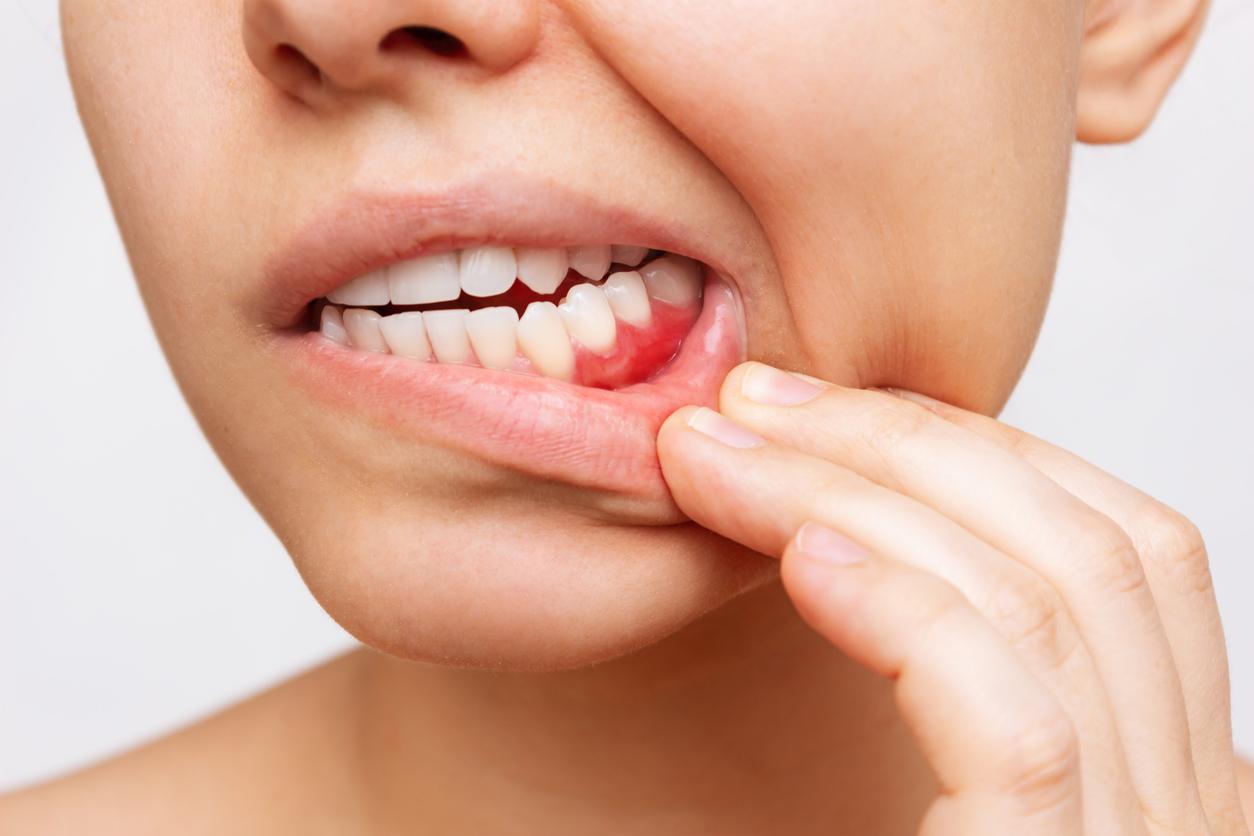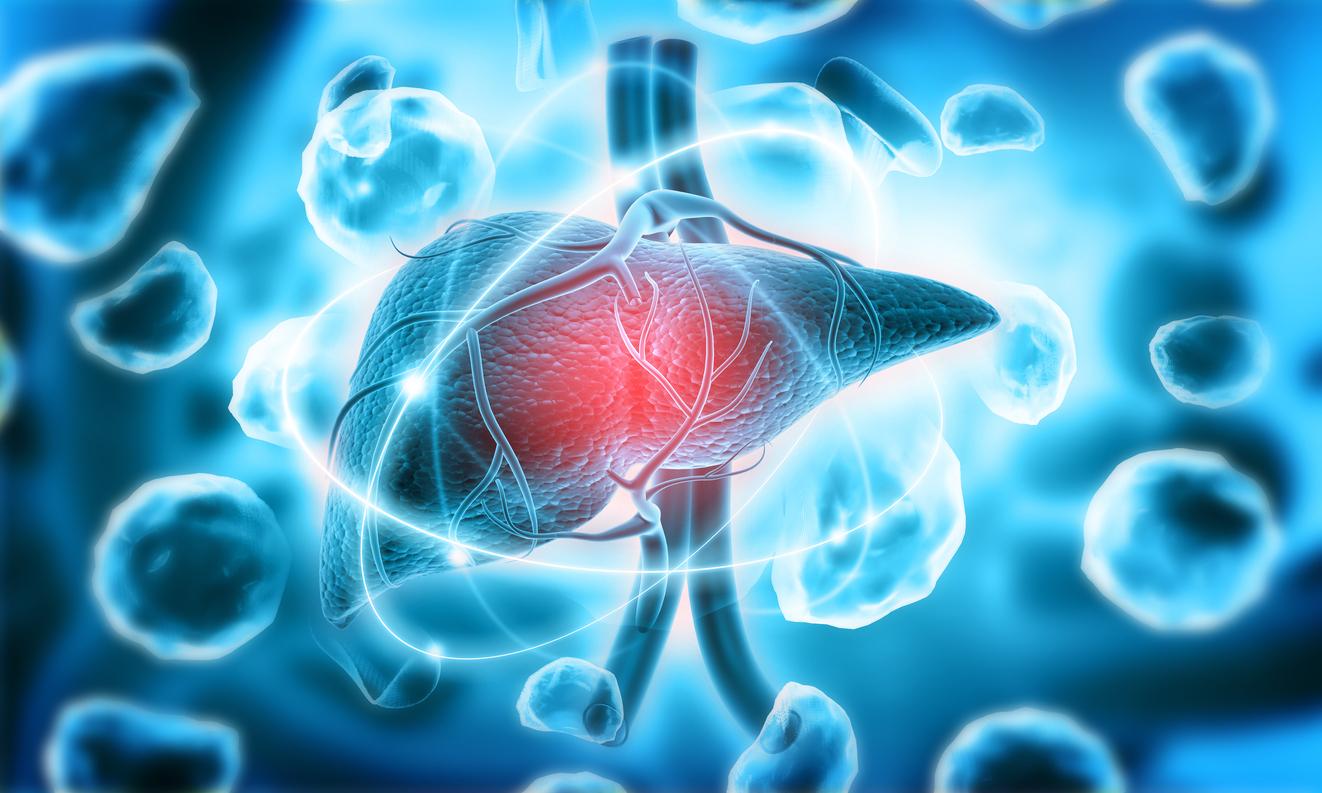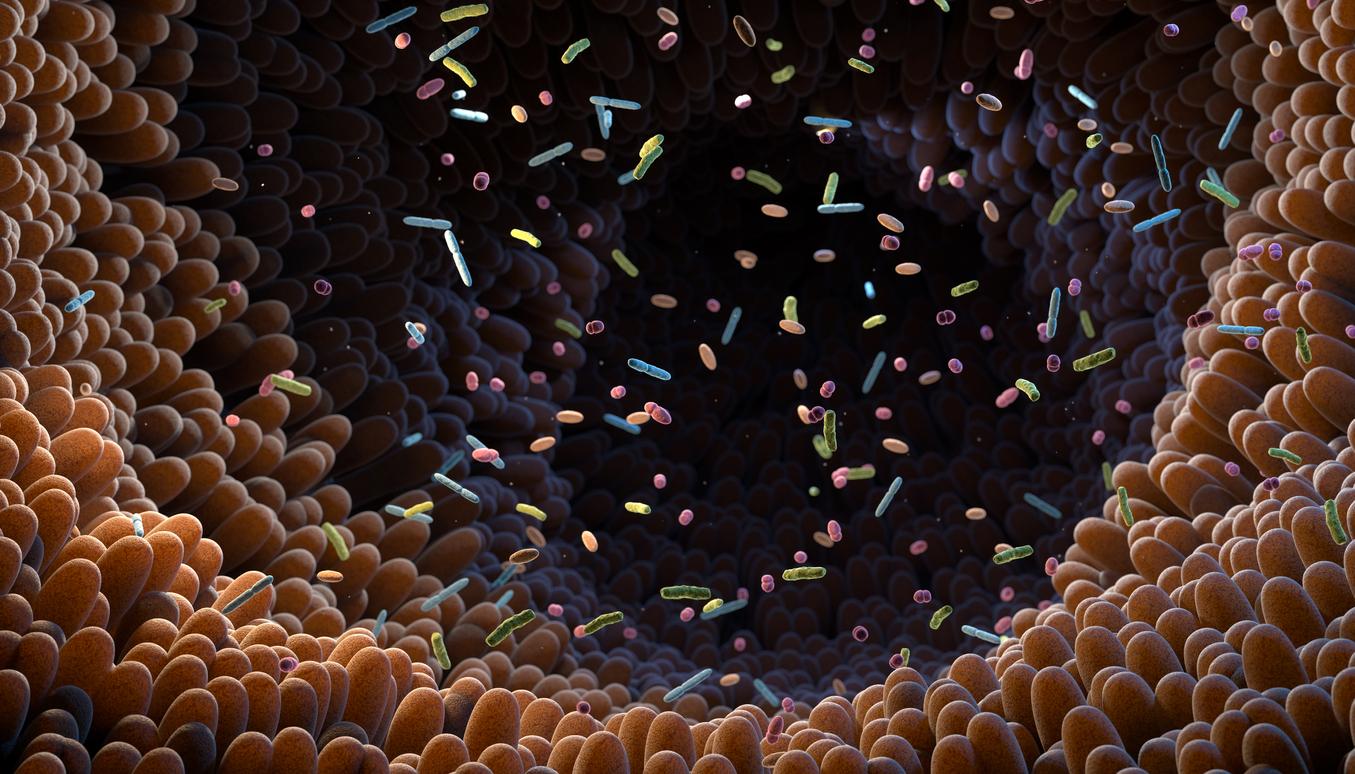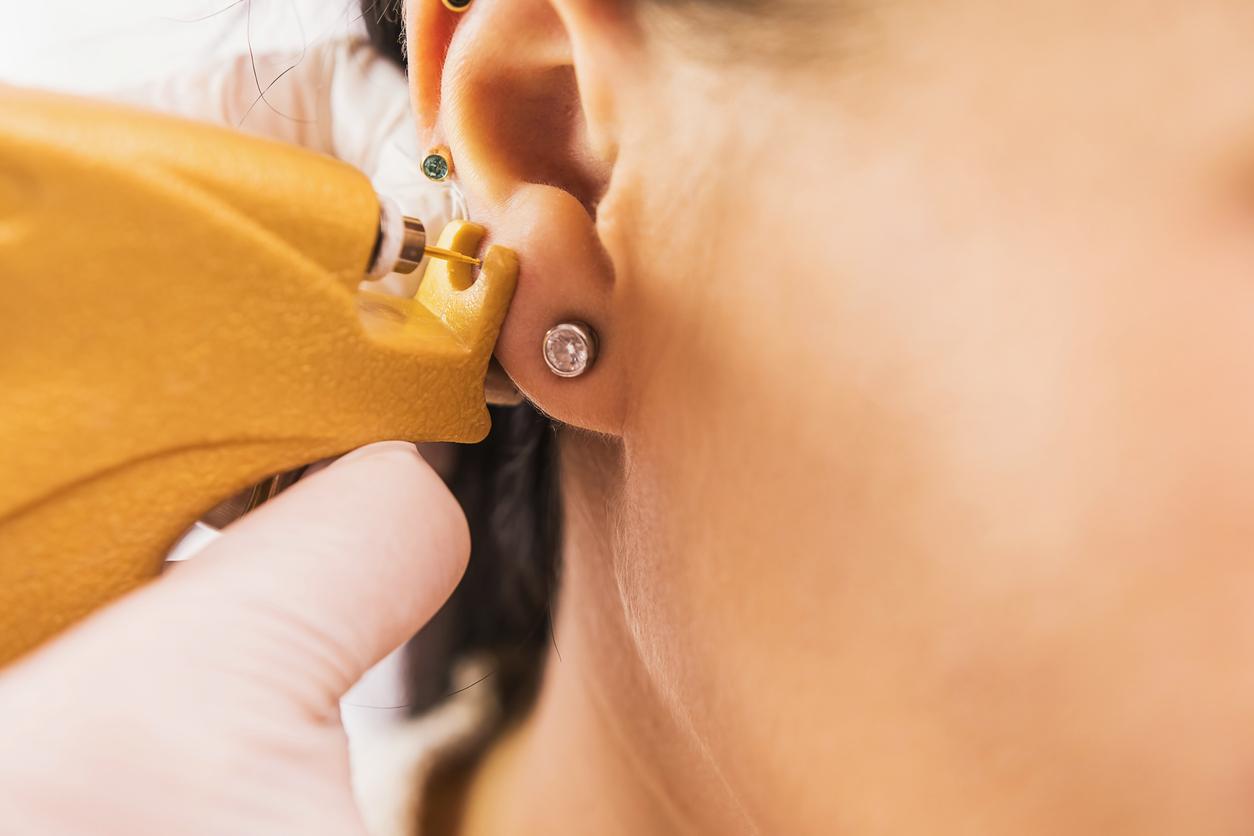
Imbalance in the gut causes many complaints
You hear about it more and more: your gut microbiome. Scientists are finding more and more evidence that the bacteria in your gut have a major impact on how the rest of your body and even your brain works. But then it has to go well with those ‘bugs in your belly’. Five symptoms of a disrupted gut microbiome.
Your gut houses trillions of bacteria, which together with viruses, yeasts and fungi make up your microbiome. Scientists are discovering more and more relationships between that microbiome and allergies, intestinal complaints, skin problems and, for example, respiratory diseases. The nervous system in the gut is also closely connected with our brains via the gut-brain axis and thus has an effect on your mood and brain. So it is very important to keep your microbiome healthy. You can partly control the composition of that microbiome. Enough exercise, good sleep, healthy eating and sufficient relaxation all contribute to a healthy microbiome. At the same time, stress, too little sleep, processed food, too much sugar and antibiotics, for example, have a negative influence on the critters in your stomach. Five signs that your gut microbiome is out of whack.
1. You have a disturbed bowel movement
Bloating, flatulence, heartburn and constipation or diarrhea: all signs that your gut microbiome is not healthy. Then it is time to take a critical look at your lifestyle and – if it lasts longer – to be examined by a doctor. This disturbed bowel function can be caused by an autoimmune disease (Crohn’s disease or ulcerative colitis, for example) or by a food allergy or intolerance.
2. You have ‘sugar cravings’
If you eat a lot of processed food, food that often also contains a lot of added sugars, it has a negative impact on the balance in your gut. A diet with a lot of sweet and fatty processed products feeds the bad bacteria. As a result, they increase in number and there is less room for good bacteria (dysbiosis). If you eat a lot of processed food, it also encourages binge eating because it increases your need for sugar. Then the so-called sugar cravings arise where that chocolate bar or bag of candy simply has to be eaten. For example, an imbalance in the gut also promotes obesity and related diseases. The solution? Get rid of those packets and bags and enjoy healthy, varied and, above all, fresh food with lots of fiber.
3. Your weight fluctuates
A sudden increase in weight or weight loss without changing your diet or exercising more can also indicate a deteriorated microbiome. If your gut bacteria are out of balance, your body may absorb fewer nutrients, have trouble regulating your blood sugar, or store fat. Weight loss can indicate bacterial overgrowth in the small intestine (small bowel intestinal overgrowth, or SIBO). The solution for this is to bring the intestinal bacteria back into balance. Antibiotics may be prescribed for this. A special diet in which certain foods that are absorbed early in the gastrointestinal tract can also reduce fermentation in the small intestine seems to play a role in the treatment of SIBO, as well as probiotics.
If insufficient nutrients are absorbed due to an imbalance in your gut bacteria, you can also experience binge eating that causes weight gain. This increase can also be caused by insulin resistance. Cells in your body have become less sensitive to insulin. Your blood sugar level becomes too high and this is unhealthy. Over time, insulin resistance can lead to type 2 diabetes. Insulin resistance is caused, among other things, by being overweight and an unhealthy lifestyle: unhealthy diet, too little exercise, insufficient sleep and too much stress.
4. You sleep badly or are constantly tired
Your gut microbiome also affects your sleep. If you don’t sleep well or are constantly tired, there may be something wrong with your intestinal flora. You can read how that works in this article.
5. You suffer from eczema, acne or rosacea
Bowel problems can also affect your skin. An imbalance of the good and bad bacteria in the gut can eventually damage your intestinal wall: very small holes are created through which the intestinal wall starts to leak. Ultimately, your intestinal mucosa is damaged and there is an increased permeability of the intestine. This is called ‘leaky gut’ and can cause an enhanced immune response in your body because your immune system reacts to the substances that enter the bloodstream through your intestinal wall. The consequence? Among other things, eczema, acne or rosacea can develop. Conversely, stomach and intestinal complaints can also be the result of a food allergy or intolerance, of which those skin complaints can in turn be a symptom. It is therefore always wise to have this checked by a doctor.
Six tips to keep your gut microbiome in balance
-
Eat healthy, fresh and varied
Eat little processed food, but go for healthy, fresh and varied. For example, the good bacteria in your gut love fiber. By eating a lot of this, you help them do their job and your stools stay smooth. However, three quarters of the Dutch eat too little fiber, according to research by the Maag Lever Darm Foundation among more than 18,000 respondents. Only half of them eat whole grain or fiber-rich products every day. Whole grains, vegetables, fruits and legumes are high in fiber. It is recommended to eat about 30 to 40 grams of dietary fiber per day. Fermented products and yogurt, for example, are also perfect for your microbiome. Just like these other superfoods for your gut. -
eat slowly
Chewing well and eating slowly is good for your digestion and the absorption of nutrients. This helps to maintain your gut health. - Drinking water
Adequate fluids – preferably water – keeps the mucous membranes of the gut healthy and helps keep your gut bacteria in balance. - reduce stress
Chronic stress is bad for your entire body, but also for your gut health. The gut and brain are closely linked and that is why stress often causes problems with your gut. In this article you can read exactly how that works. - Get enough sleep
See point 4 of this article. - Move!
Exercise ensures that your condition improves, that you can sleep well, that your muscle mass increases, that your mood improves. And… it also ensures that your intestines function better! How does that work? You can read that here.
Sources):
-
- Bowelhealth.nl
















